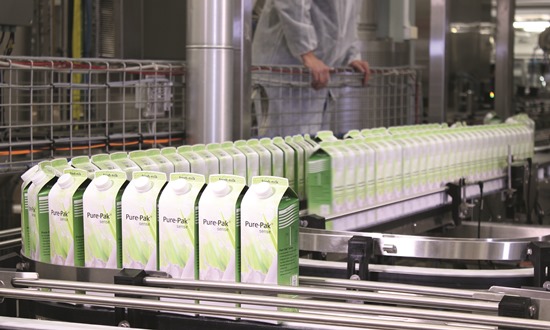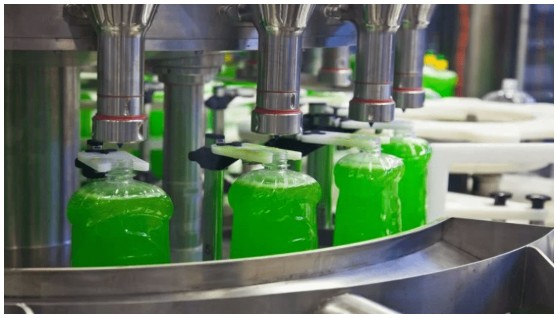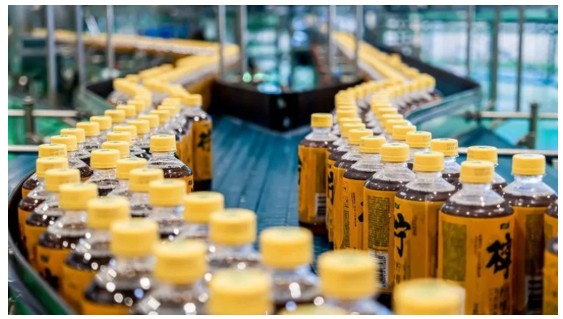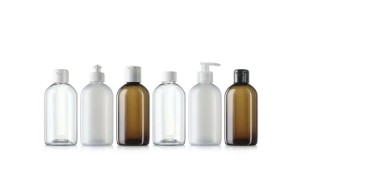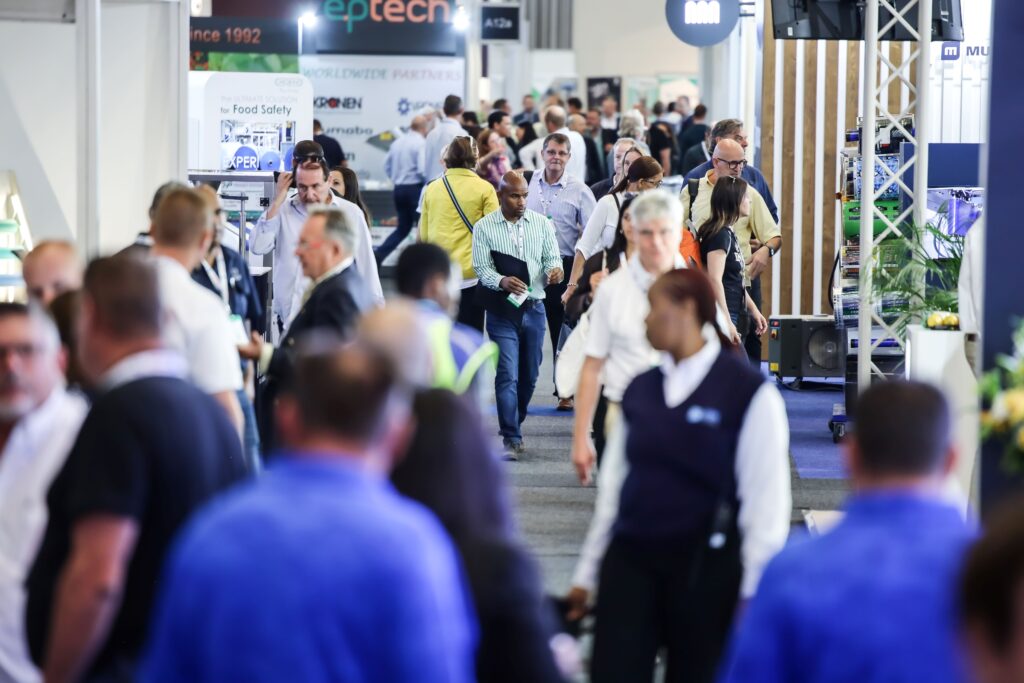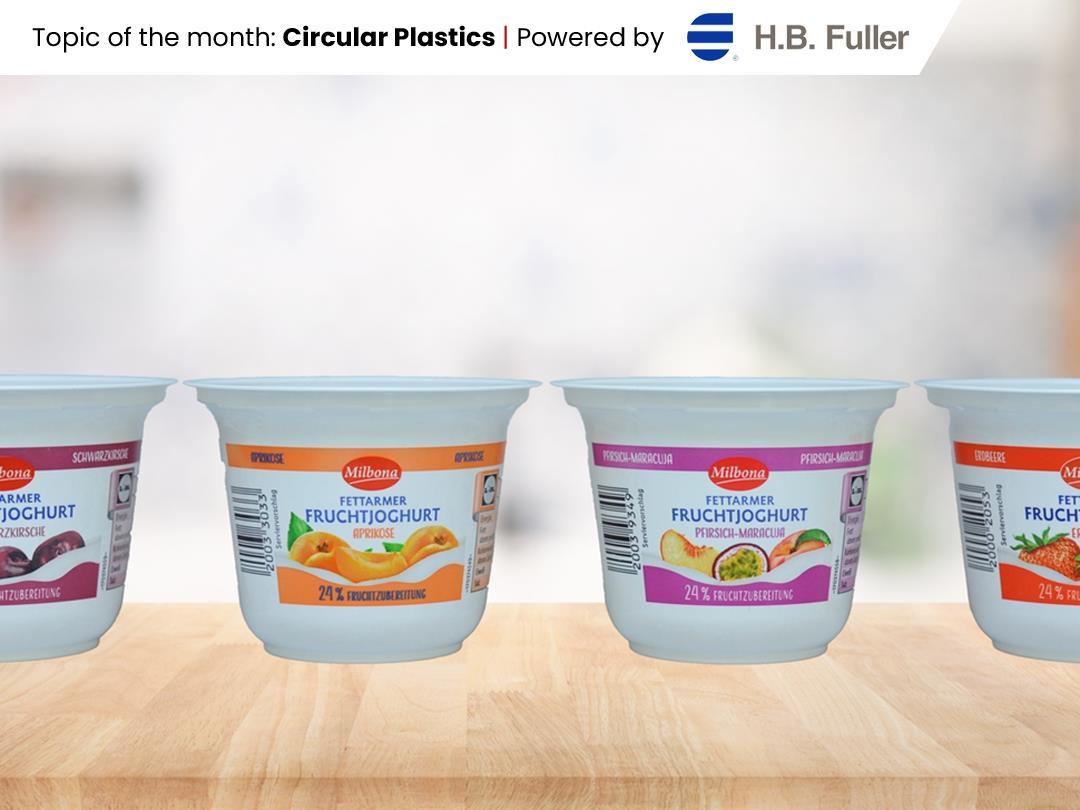Carton giant Elopak is ramping up investments as it continues to grow in Europe and North America, along with partner plants across the world. Waqas Qureshi met the plant manager at its high-tech Netherlands facility.
Carton and machinery giant Elopak is investing heavily in its business as it looks to grow market share.
Seen as the world’s largest fresh liquid carton supplier, the company is realising the benefits of its technology investment in its Terneuzen, Netherlands facility which opened in 2023 – the company’s largest manufacturing plant globally.
The plant provides services such as repro design, platemaking, converting, sealing and packaging & logistics.
It has 440 employees, with five shift operations, producing cartons for fresh, hot fill, aseptic, and UHT products.
Prior to the new plant, the company had three warehouses with goods transported between sites. The new single facility has maintained the same level of output as the previous three sites, with volume also remaining the same.
Elopak is a full systems provider of carton packaging solutions. It develops and produces aseptic filling machines for ambient distribution and in co-operaton with Shikoku Kakoki filling machines for fresh/extended shelf life for chilled distribution.
Elopak also provides maintenance, spare parts, upgrades and retrofit services.
The company produces 16 different volume sizes – the smallest ¼ litre, largest is two-litre.
It offers 15 different opening features including easy opening.
Fully automated facility
Peter Lernout, plant manager, Terneuzen, said: “Until Nov 2022 we had three warehouses within 20km of the plant with total capacity of 300 million cartons, requiring 40+ truckloads per day internal transport for storage.
All warehouses were manual lifttruck storing. and picking. The new full automated highbay warehouse has a storage capacity up to 495 million cartons and direct connection with the converting plant.”
He said the new highbay, fully automated warehouse replaced the previously manual process of storing and loading pallets of blanks (folded cartons).
The new facility saves more than 40 truckloads per day, reducing greenhouse gas emissions as well as improving efficiency.
The highbay warehouse can hold almost 200 million more cartons than the previous warehouses combined, offering over 24,000 pallet places across a 5,800m2 surface area.
The production lines at the site include six converting lines – producing various configurations and sizes.
Lernout said: “Volume remains the same – the efficiency is in the storage and handling – we went from 45 staff to 25 staff and made energy savings. We used to lose 24 hours with internal transport – not shuttling to external warehouses and automation vs manual lift trucks is a 3.2 ton CO2 saving / year.”
Elopak offers a wide portfolio of carton materials, board weights, strengths and coatings.
“Materials have evolved over the years – new types of board, less board, less weight, focus on less aluminium in the cartons is a big step. We still see opportunities to develop it more.”
For food products the carton has to be air tight and it is sensitive – some foods such as soups/sauces have started to move to cartons in recent years.
One of the main sectors the company works in is milk. Mik in cartons continues to be the norm in the continent. But in the UK it is still a small share of the milk market – and Elopak is hopeful it can capitalise on expected growth.
The company is also exploring the non food market – such as mouthwash in cartons, laundry liquid, sauces and more.
Sustainable growth
Ole-Petter Trovaag, interim chief technology officer, said one recent innovation has been the development of renewable polymer layers for its Pure-Pak fresh cartons.
“This polymer is based on secondary feedstock, such as tall oil sourced from responsibly managed forests, resulting in a naturally renewable carton that has a smaller carbon footprint. Since the launch of these renewable cartons in 2014, Elopak has saved more than 12,000 tonnes of CO2 equivalent.
“As part of our strategy for sustainability-led growth, we are expanding into new geographical markets, providing low-carbon, naturally sustainable cartons to more people around the world,” said Trovaag. “In recent years we have opened new production facilities in Morocco, Saudi Arabia, and India, and we are due to open our first US plant in Little Rock, Arkansas in 2025.”
Last November the company unveiled a new generation of filling machine, which it said extends the shelf life of fresh products to up to 60 days. In its 2022 sustainability report, Elopak documented that 30% of the fresh milk cartons it sold in Europe that year were fully renewable – up from 18% the previous year.
Trovaag added that geographic expansion, including new operations in MENA and India, as well as the upcoming plant in the USA, form a key pillar of its growth strategy – to bring ‘naturally sustainable, low-carbon cartons’ to more markets and customers.
“Operations in India, Saudi Arabia, and Morocco have gotten up to speed and smoothly integrated within the broader Elopak network. Our first US production plant in Little Rock, Arkansas is expected to come online in 2025, helping us to better serve both new and existing customers in the US.
“In Q3 2023 we announced our best ever financial results as a company, with revenues increased by 4% to €283.5m and organic growth up 5%. We expect to achieve a full year revenue of €1.1bn, well above our mid-term organic growth target of 2-3%.”
Source:

